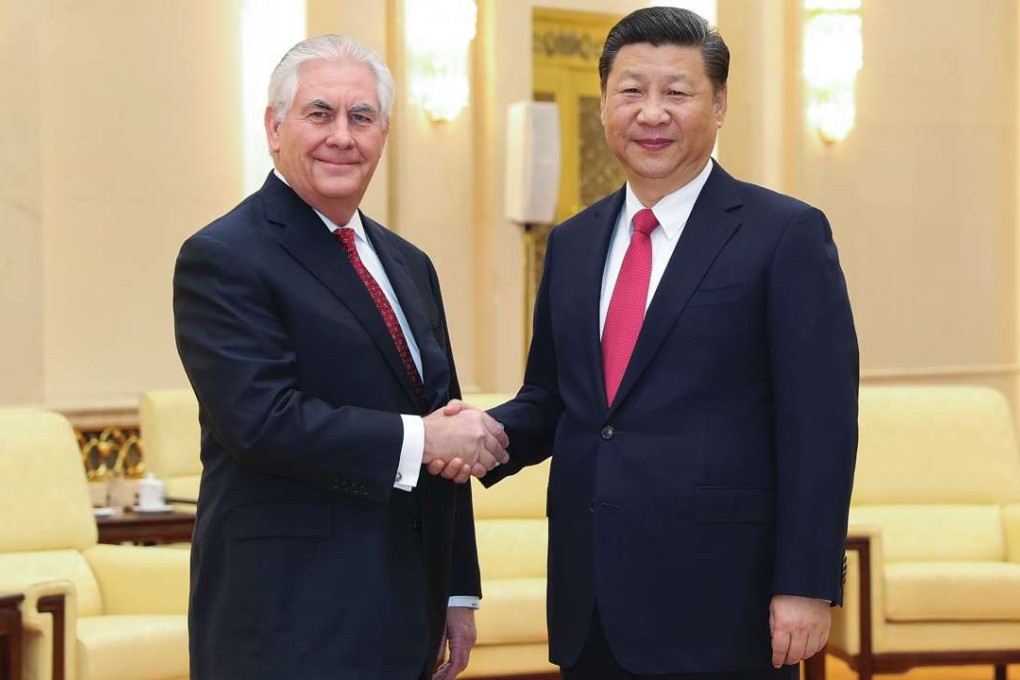What to expect from Xi-Trump summit
Geopolitical differences will be tough to overcome, but some progress possible on trade

President Xi Jinping and US counterpart Donald Trump are expected to take the first steps in building a personal relationship at their upcoming summit meeting, but observers have cautioned that distrust over key geopolitical issues will be tough to overcome.
The two countries’ interests diverged sharply in key areas, they said, with Trump’s unpredictability likely to add to uncertainties, but they do hold out some hope for progress on trade and economic issues.
The summit is set to be held at Trump’s Mar-a-Lago estate in Palm Beach, Florida, next month according to US media reports, with some suggesting a time frame of April 6 and 7.
It will be reminiscent of the Sunnylands summit between Xi and Trump’s predecessor Barack Obama in 2013, when the two leaders were seen walking side by side under the California sun. That summit allowed Xi and Obama to talk in an informal, relaxed manner that enabled frank discussion.
“Meeting in Sunnylands or Mar-a-Lago would be symbolically important because it shows the two leaders are at least willing to talk to each other and begin to develop a personal relationship,” former US State Department Asia-Pacific specialist Robert Wang said, stressing he was expressing his personal view.